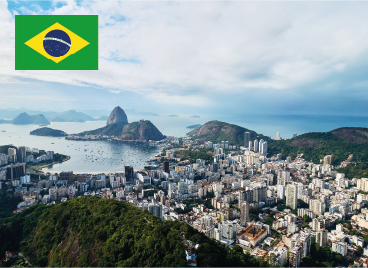A new measure to reduce the patent backlog in Brazil

The National Institute of Industrial Property of Brazil (INPI) issued Resolution No. 227/2018 of October 25, 2018, on the examination of pending patent applications using the results of the prior art search previously carried out by other Patent Offices. The Resolution came into effect on the date of its electronic publication, on October 30, 2018, and is aimed at acceleration of the patent prosecution.
The provisions of the Resolution apply to the patent applications, for which:
- substantive examination has not been started by the INPI yet;
- prioritised examination has not been requested before the INPI;
- no pre-grant oppositions have been filed either by the third parties or by the ANVISA (Brazilian Health Regulatory Agency);
- substantive examination has already been carried out by other Patent Offices.
If a patent application meets the mentioned criteria, the INPI will publish a pre-examination Office Action. Such an Office Action shall contain the search report, referring to the search results obtained by other Patent Offices, as well as a suggestion to submit amendments or arguments for the application to meet the local requirements of patentability. The applicant will be obliged to submit a response within 60 days from the publication thereof. Otherwise, the application will be dismissed.
If the number of claims increases while bringing the application into conformity with the requirements of the Brazilian patent legislation, it will be necessary to additionally pay the examination fee corresponding to the new number of claims.
As soon as the response is filed, the application will undergo the substantive examination. If the requirements outlined in the Office Action and the norms of the Brazilian patent legislation have been met, the patent will be granted.
Alongside other measures previously introduced by the INPI to reduce the patent backlog, the new practice under the Resolution is believed to facilitate and considerably expedite patent prosecution in Brazil.